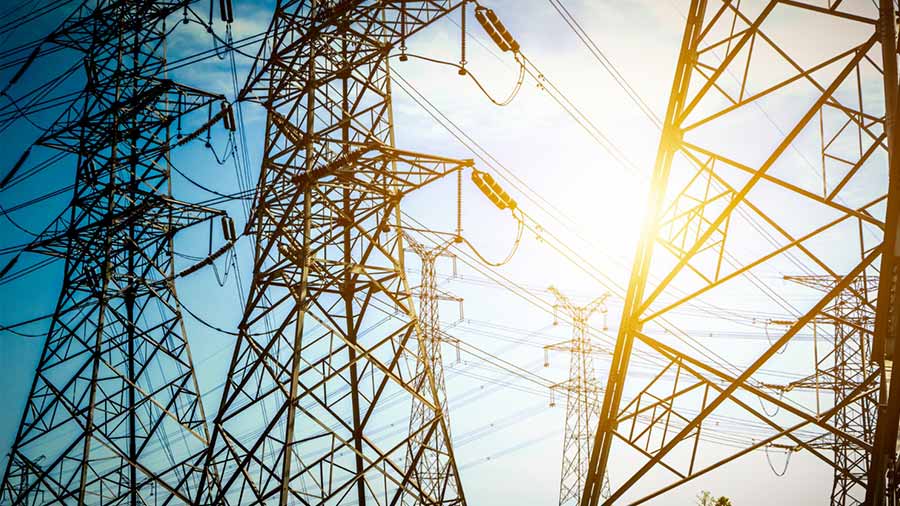Vietnam has amended its Telecommunications Law with a number of changes that may impact foreign firms operating in the sector. Here’s what they are.
At the end of November 2023, the Vietnamese Government officially passed the amended Telecommunications Law. These updates and adjustments are intended to improve the quality of service while protecting consumer rights and further tightening security.
The amended Telecommunications Law, in particular, introduces laws on new telecommunications services, including basic Internet telecommunications, cloud computing, and data centers. These amendments may benefit businesses operating in these areas.
That said, all businesses providing telecommunications services in Vietnam are likely to be affected. With this in mind, the Vietnam Briefing runs through the key changes that have been made.
See also: Vietnam’s Data Market: Quick Guide 2023
Objectives
These amendments are a part of the Ministry of Information and Communication’s "light management" strategy, whereby enterprises in this sector will be encouraged to engage in infrastructure development as well as service quality improvements.
In particular, the amended Telecommunications Law will not limit foreign ownership related to these aforementioned three new areas. In addition, foreign investors doing business in these services will also be required to meet less stringent requirements compared to traditional telecommunications services. For example, foreign companies will not have to pay public telecommunications service funds or telecommunications operating rights fees.
See also: Cloud Services Market in Vietnam: Opportunities and Challenges
Telecommunications infrastructure
The regulations on telecommunications infrastructure development are another new feature of this amended law. In particular, the construction and installation of technical infrastructure in order to facilitate the development of telecommunications services will be encouraged.
This will be done by allowing domestic telcos to share their infrastructure with foreign firms. Furthermore it will give foreign telecoms operators access to public infrastructure and allow for the development of telecommunications infrastructure alongside existing public utilities such as powerlines or transportation infrastructure.
Furthermore, the amended Telecommunications Law will also impose new obligations on real estate developers whereby designs must include space for telecommunications services. At the same time, they must also be responsible for ensuring the safety of telecommunications infrastructure.
Vietnam Public Telecommunications Service Fund
The Vietnam Public Telecommunication Service Fund is a state financial institution that is directly under the management of the Ministry of Information and Communications. The Fund was established to manage the development of telecommunications services in Vietnam.
The new law provides greater oversight of this fund. It does this by requiring public-utility telecommunications projects to have clearly defined goals, and regulates disbursement. Any capital used from the fund must be made public and transparent. When allocating capital, there must be strict supervision of relevant parties and they will be responsible before the law if the money is misused.
Phone numbers and domain names
The revised Telecommunications Law also clears up several challenges related to the auction of domain names and phone numbers.
Specifically, auction regulations are in Clauses 4 and 5 of Article 50 of the amended Telecommunications Law:
Clause 4
- Point c: The starting price for a terrestrial mobile phone number is the equivalent to the GDP per capita for one day of the preceding year; and
- Point d: The starting price for auctioning land mobile network numbers will be equivalent to one year’s use and for businesses, the starting price for five years of user fees.
Clause 5
- Point a: The starting price of the Vietnamese national domain name ".vn" is equal to the usage fee for one year.
This has been determined to ensure fair and healthy competition among foreign and domestic telecommunications providers, and ensuring consumers always receive the best quality at the best price.
Spam
Cleaning up "telecommunications waste" is also one of the key purposes of this Telecommunications Law amendment. The legislation supplements regulations requiring firms to verify the accuracy of user information and to prevent fraudulent calls and messages.
Furthermore, the new Telecommunications Law requires users to safeguard the security of their personal information. Users must also follow network security rules when registering a service.
Looking forward
Many technological devices and services have been developed in recent years to enable people to stay connected no matter where they are. As a result, revising the 2009 Telecommunications Law has been necessary for some time. These amendments should also provide welcome opportunities for foreign firms.
For more support with respect to regulations on telecommunications in Vietnam, contact the legal specialists at Dezan Shira and Associates.




















